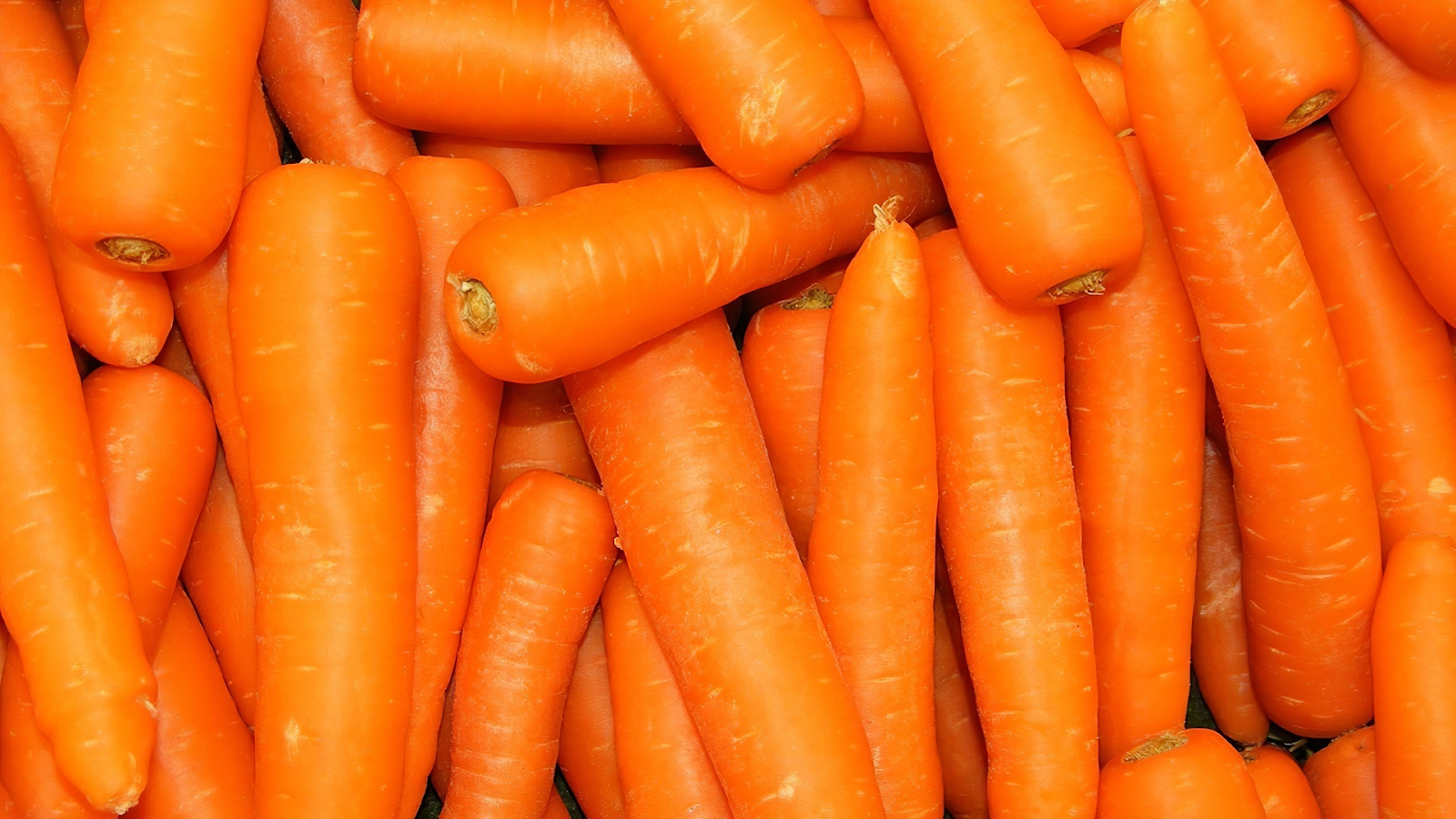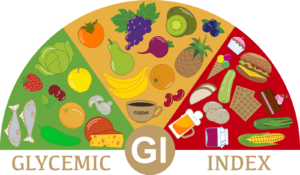Urothelial cancer is the second most frequent genitourinary tract cancer. Urothelial cancer can occur in either the lower or upper urinary system. However, carrots’ protective effect is related, at least in part, to their high level of carotenoids, which can block oxidative damage to DNA at low concentrations and have been postulated to be anticancer agents. Certain carotenoids will be transformed into vitamin A, which may have cytotoxic and cytostatic effects and may return tumour cells to their normal phenotype. Total vitamin A consumption, retinol consumption, and blood retinol levels have all been linked to a decreased risk of bladder cancer. Overall, the study indicates that high intake of carrot is associated with a low incidence of urothelial cancer.
https://www.oncotarget.com/article/19832/text/
Luo, X., Lu, H., Li, Y., & Wang, S. (2017). Carrot intake and incidence of urothelial cancer: A systematic review and meta-analysis. Oncotarget, 8(44), 77957–77962. https://doi.org/10.18632/oncotarget.19832




